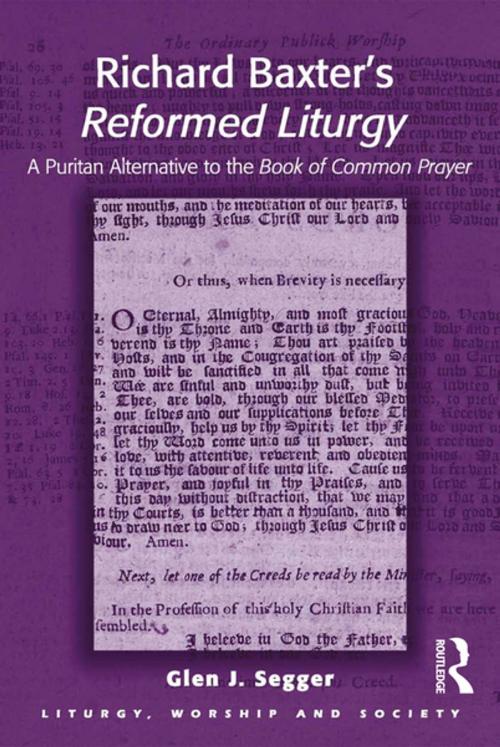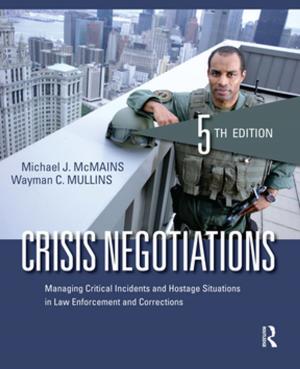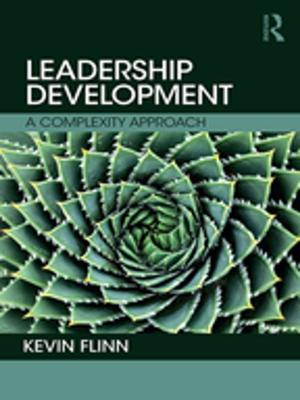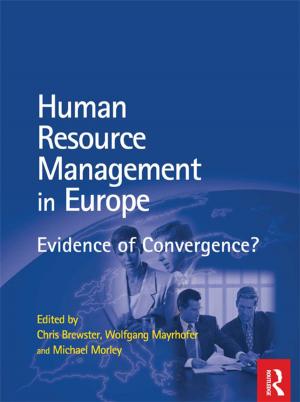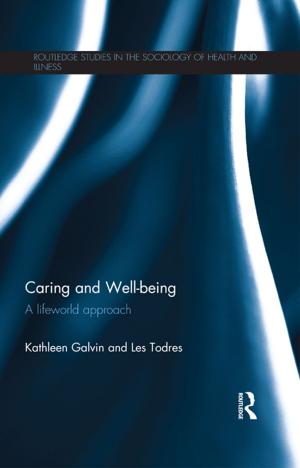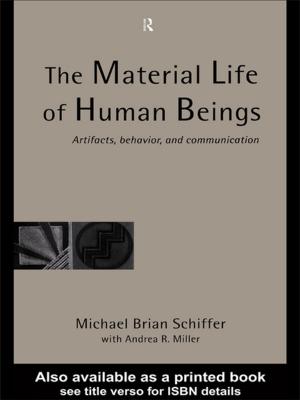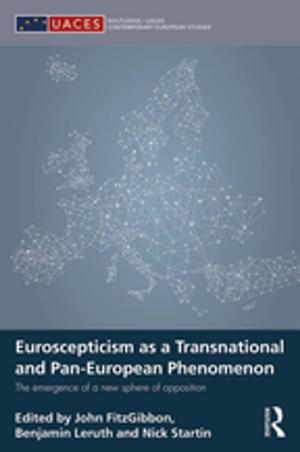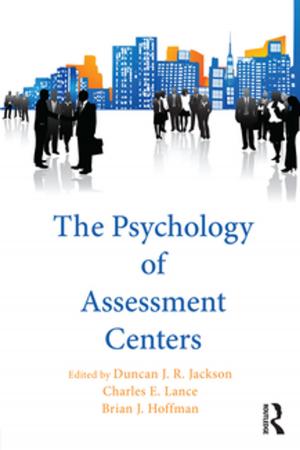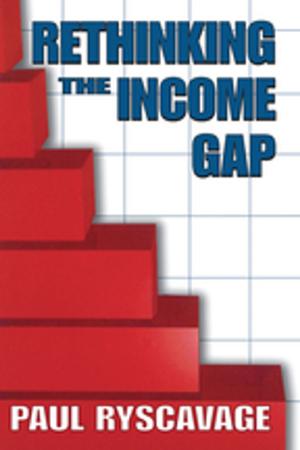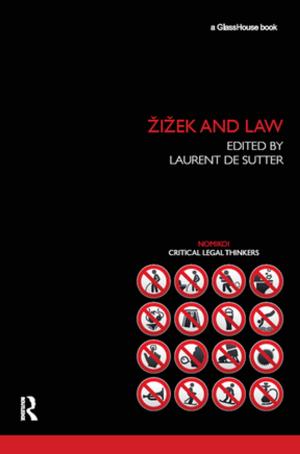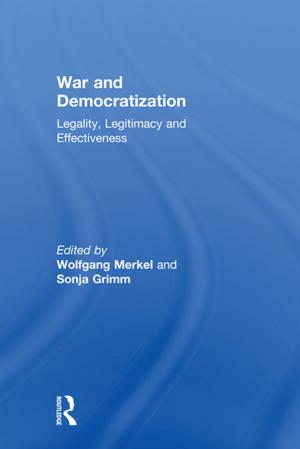Richard Baxter's Reformed Liturgy
A Puritan Alternative to the Book of Common Prayer
Nonfiction, Religion & Spirituality, Christianity, General Christianity| Author: | Glen J. Segger | ISBN: | 9781317063155 |
| Publisher: | Taylor and Francis | Publication: | April 8, 2016 |
| Imprint: | Routledge | Language: | English |
| Author: | Glen J. Segger |
| ISBN: | 9781317063155 |
| Publisher: | Taylor and Francis |
| Publication: | April 8, 2016 |
| Imprint: | Routledge |
| Language: | English |
The English Civil War and its aftermath was a time of human devastation, political uncertainty and religious instability. Amid the turmoil of those times, however, the Church of England also saw intense liturgical inventiveness. The Directory for Public Worship, Jeremy Taylor's Communion Office, and Richard Baxter's Reformed Liturgy, are all examples of resourceful liturgies born out of the ashes of the English Civil War. The Church of England had not witnessed such liturgical innovation since Thomas Cranmer, and would not see such creativity again until the end of the twentieth century - at least in terms of liturgical texts. In Richard Baxter's Reformation of the Liturgy, Glen J. Segger examines the theology and ecclesiology of Baxter’s liturgical opus. While never approved for public use, the Reformed Liturgy remains an important and creative liturgy representative of those who fought for their Puritan convictions, but lost.
The English Civil War and its aftermath was a time of human devastation, political uncertainty and religious instability. Amid the turmoil of those times, however, the Church of England also saw intense liturgical inventiveness. The Directory for Public Worship, Jeremy Taylor's Communion Office, and Richard Baxter's Reformed Liturgy, are all examples of resourceful liturgies born out of the ashes of the English Civil War. The Church of England had not witnessed such liturgical innovation since Thomas Cranmer, and would not see such creativity again until the end of the twentieth century - at least in terms of liturgical texts. In Richard Baxter's Reformation of the Liturgy, Glen J. Segger examines the theology and ecclesiology of Baxter’s liturgical opus. While never approved for public use, the Reformed Liturgy remains an important and creative liturgy representative of those who fought for their Puritan convictions, but lost.
